Crime Tops the List of Atlanta Mayoral Race Issues
The election of Atlanta’s next chief executive will be the most significant yet under the state’s new voting laws.
Dave Schechter is a veteran journalist whose career includes writing and producing reports from Israel and elsewhere in the Middle East.
Atlanta’s mayoral election is expected to turn on one issue: crime.
The city’s 61st mayor will face numerous challenges — affordable housing, income inequality, traffic congestion, infrastructure, COVID-19, and the future of Buckhead, among them — but talk of crime topped the run-up to election day, Nov. 2.
The eventual winner — a Nov. 30 runoff is possible, if not probable — will succeed Mayor Keisha Lance Bottoms, who surprised many in May when she announced that she would not seek a second four-year term. All 15 City Council seats are also on the ballot.

Early voting concludes Oct. 29. Absentee ballots must be received by local election offices before polls close. Of the 14 candidates on the nonpartisan ballot, most of the attention has focused on five: former (2010-18) Mayor Kasim Reed, City Council President Felicia Moore, attorney Sharon Gay, Councilman Antonio Brown, and Councilman Andre Dickens. Reid and Moore have led public opinion polls, though in several “undecided” tallied higher than either candidate.
A poll conducted Oct. 6-20 by the University of Georgia School of Public and International Affairs — commissioned by the Atlanta Journal-Constitution — asked respondents to identify “the most pressing issue currently facing the City of Atlanta.” Crime led with 47.9 percent, followed by affordable housing, 26.2 percent; income inequality, 8.6 percent; coronavirus, 4.2 percent; corruption, 3.7 percent, and traffic congestion, 3.7 percent. Nearly 70 percent said that the city was headed in the wrong direction in its handling of crime and more than 60 percent said the same about affordable housing.
Asked to evaluate the Atlanta Police Department’s performance in dealing with violent crime, 3 percent termed it excellent, 19 percent good, 42 percent fair, and 31 percent poor. As of October, Atlanta had recorded a 14 percent increase in the number of homicides, compared with the same period last year. In 2020, homicides increased 62 percent and aggravated assaults 15 percent, compared with 2019. In the AJC’s October poll, 61 percent said that there were places within a mile of their homes where they were afraid to walk.
In a similar poll taken a month earlier, 33 percent identified crime as the leading issue driving the Buckhead secession movement, followed by race with 21 percent and taxes at 14 percent. In that survey, 58 percent of respondents opposed secession. When the state legislature convenes in January it may decide whether to green-light a vote by Buckhead residents on formation of a new city. Buckhead accounts for roughly 20 percent of Atlanta’s population and secession would remove about 28 percent of its property tax revenues.
The 2020 Census reported a 19 percent increase in the city’s population since 2010, to just shy of 500,000. African American population growth has been outpaced by that of whites, Asian Americans, and Hispanics. An analysis by the AJC pegged the African American population at 47 percent of the city, the first time in recent decades that Blacks have not been the majority.
Income inequality remains an issue. According to the census data, the median income of white households in the city of Atlanta exceeded $100,000, while that of Black households was about $35,000. Property values in the city have increased rapidly, the price of housing spiking in some previously more affordable neighborhoods.
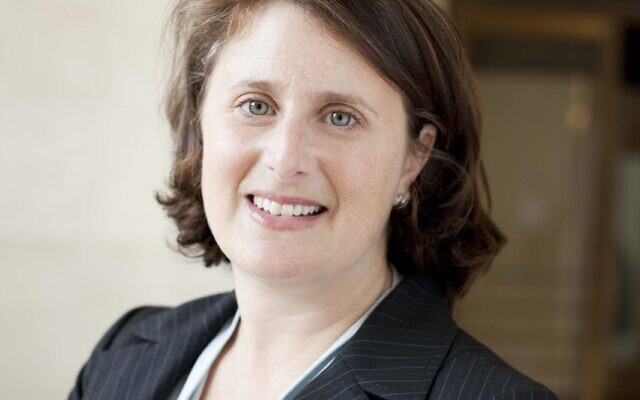
“Intown Atlanta has been a much more attractive place for young people to move to,” much of it centered along and near the BeltLine, said Jodi Mansbach, the former chief impact officer for the Jewish Federation of Greater Atlanta and now a principal with Living Playgrounds, a firm that designs innovative and creative play spaces. An urban planner by training, Mansbach said that to accommodate this influx, the city needs policies that will increase housing density, particularly along transportation corridors.
There is anecdotal, if not statistical, evidence that the Jewish population within the city has increased in recent years.
“I think living in a diverse and pluralistic community is why Jews are flocking to intown neighborhoods. We want to live in vital, culturally interesting historic neighborhoods. We want good schools and parks and restaurants and bike lanes and trails and arts — and we want it all in walking distance! And of course, we want it to be safe and clean and welcoming. And we know all of that together is a tough balance,” said civic activist and development consultant Glenda Minkin, who served in multiple positions during the administration of former Mayor Bill Campbell.

This will be the most significant election since the Republican-led legislature passed and Republican Gov. Brian Kemp signed the controversial overhaul of the state’s voting laws. A study by Chism Strategies, a political consulting firm, estimated that — thanks to voter registration drives in recent years — there may be as many as 100,000 new voters in the city compared with four years ago. Though their percentage of the city’s population has declined, Chism Strategies reported that African Americans make up 57 percent of registered voters.
Atlanta Mayoral Race Leading Candidates
Of the 14 candidates listed on the Atlanta mayoral ballot, five — Kasim Reed, Felicia Moore, Sharon Gay, Andre Dickens, and Antonio Brown — have received the greatest share of media attention.
Kasim Reed
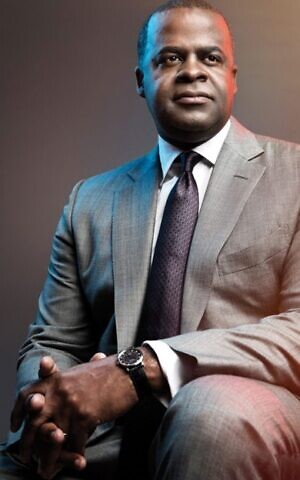
Atlanta’s 59th mayor (2010-2018) wants to return as the 61st. He previously was elected to the Georgia House and Senate. On crime, Reed told the Atlanta Civic Circle and the Saporta Report: “Crime impacts our personal and collective quality of life and the city’s reputation, creating a vicious cycle that undermines everything that makes our city vibrant. The fundamental truth is that until Atlanta feels safe again, nothing else will feel right.” Reed touts that during his mayoral tenure crime was at a 40-year low and the city employed 2,000 police officers (about 400 more than present). Reed wants to hire 750 new officers and require all officers to receive implicit bias and de-escalation training. Reed also touts that as mayor, the city created or retained 40,000 jobs, created a $200 million surplus, and removed a $52 million deficit. His attorneys told the Atlanta Journal-Constitution that Reed was cleared of wrongdoing in a City Hall corruption probe, but federal prosecutors have not confirmed that claim.

Felicia Moore
The City Council president has run close with Reed in pre-election polling. Moore was elected to the council in 1997, then as council president in 2017. On crime, Moore says that she would “[make] every neighborhood safer, no matter what income bracket or zip code.” An advocate for transparency in city government, Moore has criticized Reed for corruption prosecutions of City Hall figures during his administration. Moore says that she “will bring to the Mayor’s office the principles of ethics, transparency, and accountability.” On housing, Moore told the Atlanta Civic Circle and Saporta Report: “Housing affordability is about keeping people in their homes. Aggressive housing speculators are the cause of rapid gentrification that artificially increases property values and makes it unaffordable for long-term residents, especially our seniors, to stay in their homes. … Affordable housing is about providing new housing opportunities for people in need and to make it possible for our city employees and service workers to live in the city they serve.”
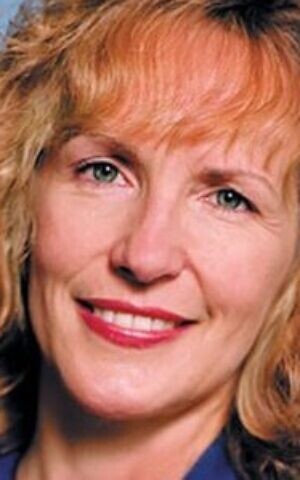
Sharon Gay
A senior counsel in public policy practice at the law firm Dentons, Gay is a board member of numerous civic organizations and served as deputy chief of staff to former Mayor Bill Campbell. She told the Atlanta Civic Circle and Saporta Report: “All Atlantans should feel safe in their homes, at work, and in their neighborhoods. The rise in violence we have experienced in the past year is unacceptable, and reducing crime will be my highest priority as mayor. We need to rebuild trust between the community and law enforcement and make sure that those who commit crimes no longer pose a threat to our citizens.” On education, Gay said: “The performance of our schools is deeply dependent on the conditions within which our children are born and raised, and the City’s primary goal should be to ensure that all of our children are living in healthy neighborhoods. APS [Atlanta Public Schools] cannot be successful without a strong partnership with the City, and the City’s health is deeply dependent on the performance of our schools.
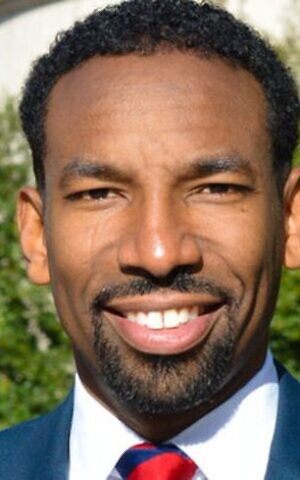
Andre Dickens
A member of the City Council, holding an at-large post since 2013. Dickens is the chief development officer for Techbridge, a nonprofit using technology to benefit other nonprofits, focusing on hunger relief, homeless support, social justice, and workforce development. His campaign lists as priority issues crime, income inequality, infrastructure and transportation. Dickens wants to increase police ranks by 250 officers during his first year in office, while also training all police department personnel in racial sensitivity and de-escalation techniques. On housing, Dickens told the Atlanta Civic Circle and Saporta Report: “We need to build or preserve 10,000 units of affordable housing in the next four years, and I will hire a Chief Housing Officer to oversee those efforts. They will be tasked with pursuing more affordable options especially around our transit centers, but also with preserving affordable homes through senior property tax freezes and no-cost renovations.”
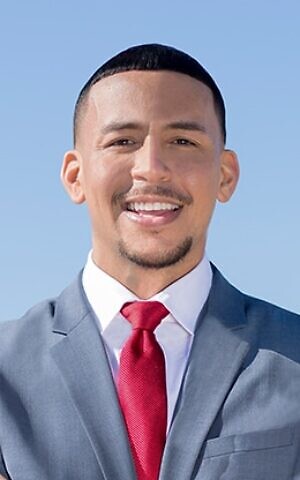
Antonio Brown
Elected to the City Council in 2019, Brown represents District 3. Brown says he grew up in poverty with his parents frequently incarcerated. He told the Atlanta Journal-Constitution: “We are literally standing on the precipice of Atlanta becoming this great international city we speak about, or Atlanta becoming a city we don’t recognize anymore.” On crime, his campaign website says: “The modern police force needs to be able to provide a nuanced response to the community and that requires hiring and training a police force that is prepared to do more than simply arrest and incarcerate our community. While arrests for violent criminals are of course necessary, we simply cannot arrest our way out of a crime wave.” Brown has pledged to work with the Atlanta Housing Authority to develop mixed-income housing. His stated goals include greater attention to people with AIDS, and the LGBTQ and trans communities. Brown was indicted in July 2020 on federal charges of wire fraud, mail fraud, bank fraud, and making false statements on a bank loan application. He pleaded not guilty. A trial date has not been set.
In alphabetical order, the 14 candidates on the Atlanta mayoral ballot:
Antonio Brown
Andre Dickens
Kirsten Dunn
Nolan English
Sharon Gay
Mark Hammad
Kenneth Darnell Hill
Rebecca King
Felicia Moore
Kasim Reed
Walter Reeves
Roosevelt Searles III
Richard Wright
Glenn Wrightson

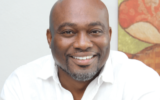
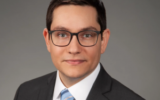

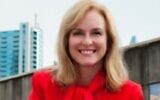

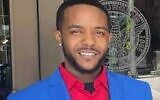

- Local
- Dave Schechter
- piedmont park
- Jodi Mansbach
- Mayor Keisha Lance Bottoms
- Atlanta
- Glenda Minkin
- Kasim Reed
- Felicia Moore
- Sharon Gay
- Andre Dickens
- Antonio Brown
- Kirsten Dunn
- Nolan English
- Mark Hammad
- Kenneth Darnell Hill
- Rebecca King
- Walter Reeves
- Roosevelt Searles III
- Richard Wright
- Crime
- Buckhead secession movement
- affordable housing
- income inequality
- traffic congestion
- Infrastructure
- COVID-19
- Buckhead
- Election
- City Council
- Ballot
- Absentee ballot
- University of Georgia School of Public and International Affairs
- corruption
- Atlanta Police Department
- property tax revenues
- 2020 Census
- African American
- Property Values
- whites
- Asian-Americans
- Hispanics
- Intown Atlanta
- beltline
- jewish federation of greater atlanta
- Living Playgrounds
- urban planner
- Jewish population
- Mayor Bill Campbell
- Republican Gov. Brian Kemp
- Chism Strategies
- Atlanta Housing Authority Georgia House and Senate
- Atlanta Civic Circle
- City Hall
- Chief Housing Officer
- AIDS
- LGBTQ
- trans communities
- priority issues crime
- transportation
- police force
- racial sensitivity
- public policy practice
- civic organizations
- Atlanta Public Schools
- Techbridge
- Nonprofits
- focusing on hunger relief
- homeless support
- Social Justice
- workforce development
- politics



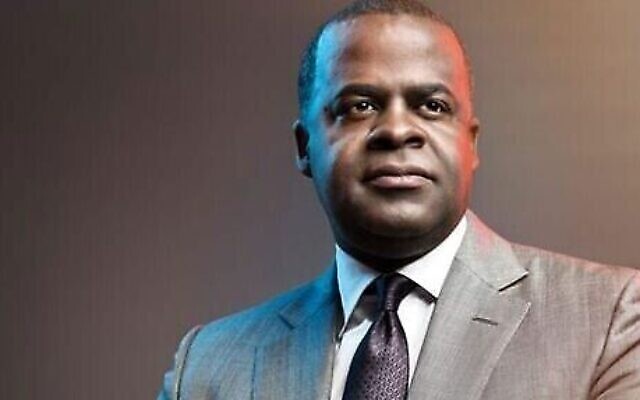
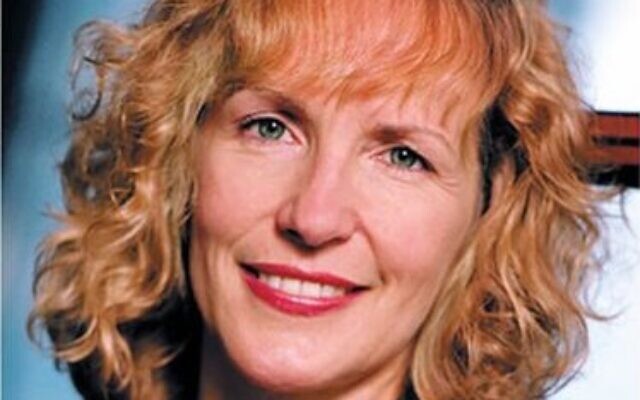
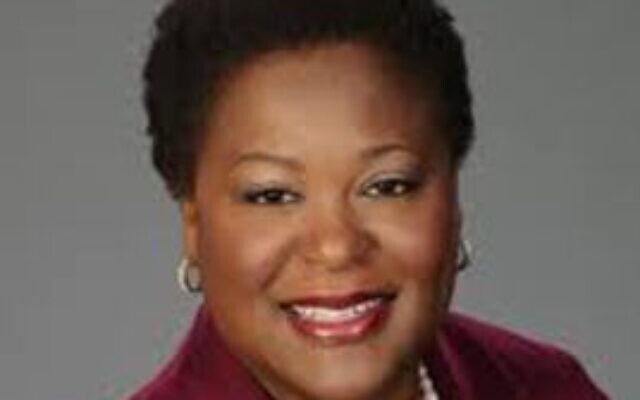
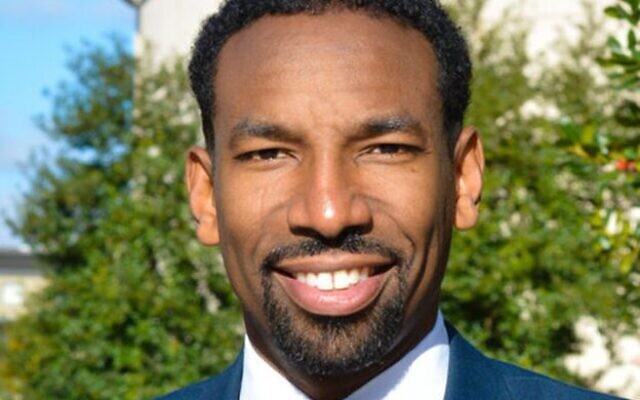
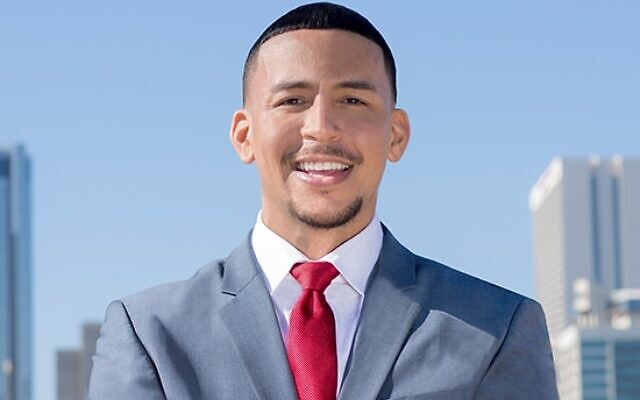
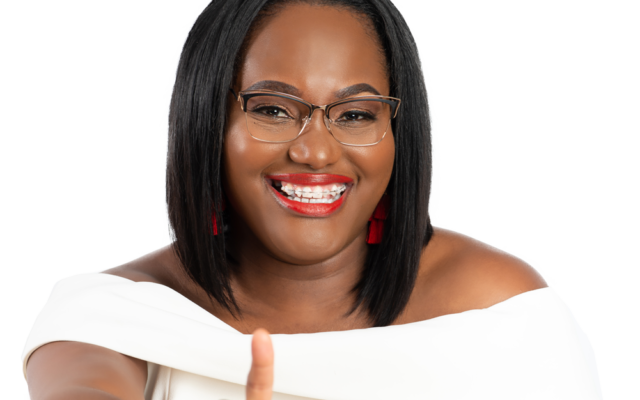
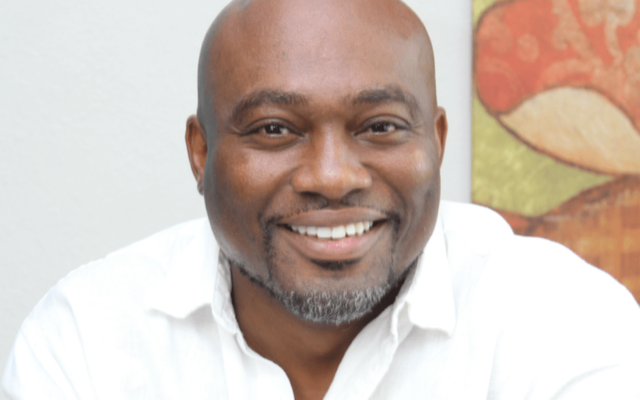
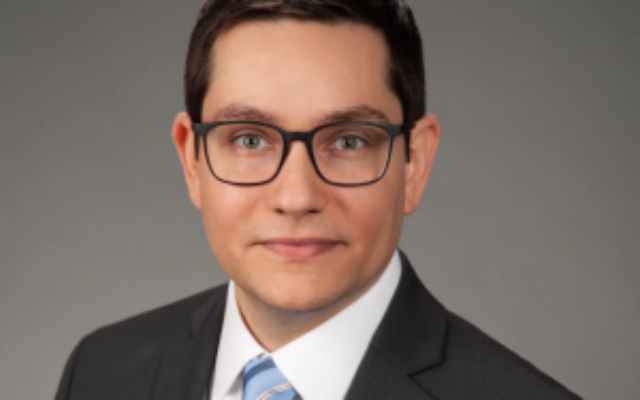
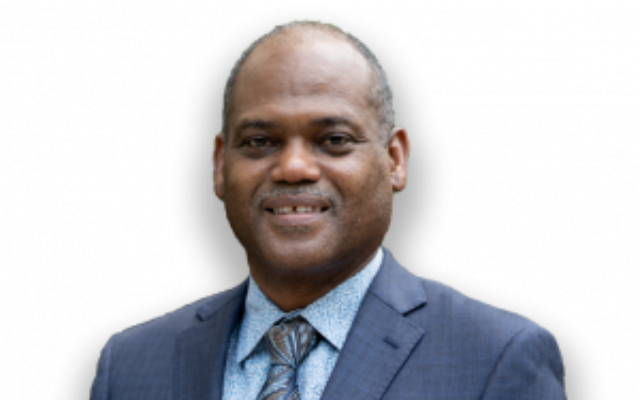
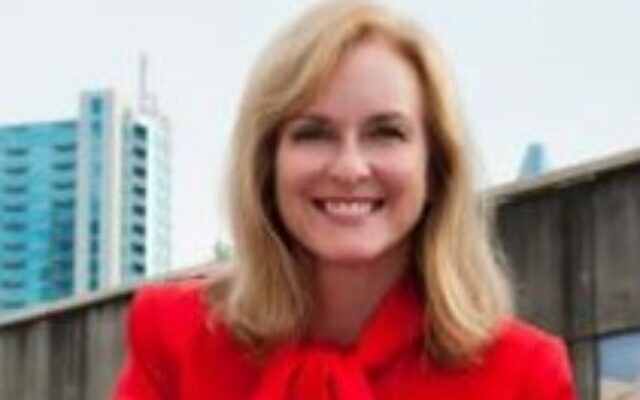
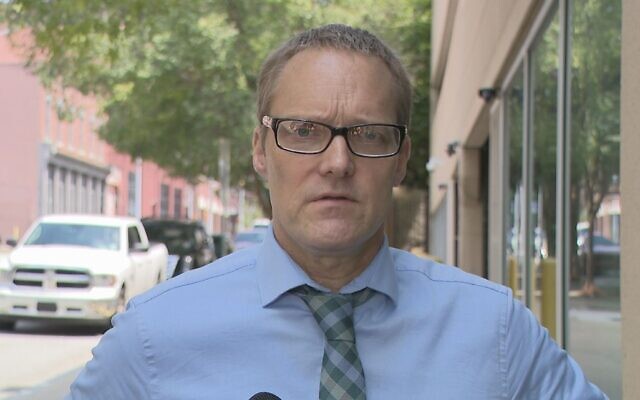
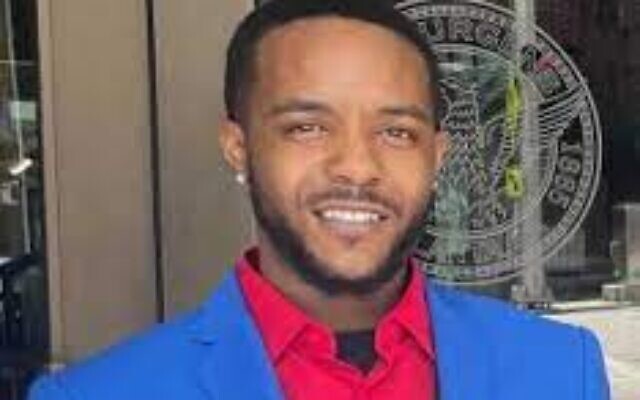

comments